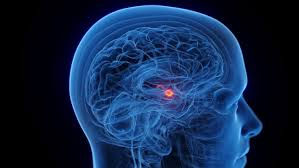Tools to Utilize During Mealtimes
- support528742
- May 9, 2024
- 1 min read
Updated: May 22, 2024
Mealtimes are hard for people with eating disorders due to a complex interplay of anxiety, distorted body image, ritualistic behaviors, guilt, physical discomfort, social pressures, cognitive distortions, and the use of food as an emotional coping mechanism. These factors combine to make the act of eating a highly stressful and distressing experience.
Individuals with eating disorders may try to isolate at mealtimes, avoid eating, or experience extreme anxiety in group meal settings.
If you know someone who is struggling, here are a few tools to try during meals:
1. Play music, or offer them headphones
2. Play a game such as ‘would you rather’ or ‘the conversations game’
3. Take 5 deep breaths- inhale for 5, hold for 5, exhale for 5
4. Go for a short walk after dinner (slow pace, 5-10 minutes)
5. Planning out the meal ahead of time- what will they eat? What portions? Will they serve themselves or will someone else make their plate for them?
During the 5-day intensive program at Brain Based Therapy NW, we work through these tools, and many others so that patients and their supports have tangible plans to take home with them.
Routine is often helpful for people with eating disorders, and BBTNW can help form that routine.
Trial and error is okay, but compassionate support and openness to learning will help to propel recovery forward.



Comments